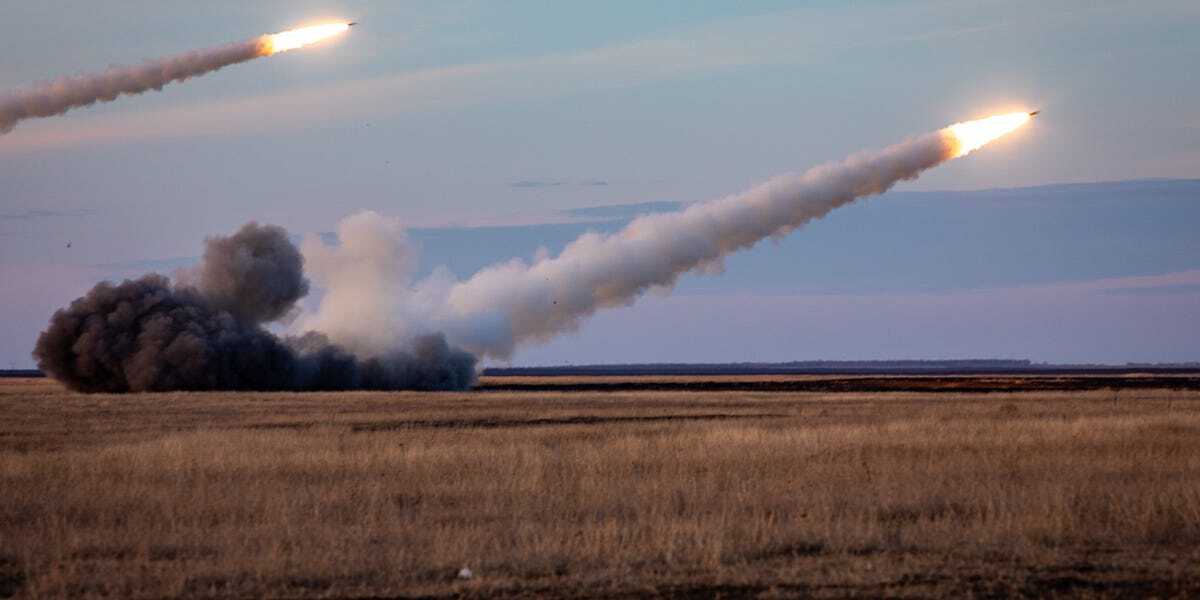- cross-posted to:
- anarchism@slrpnk.net
- cross-posted to:
- anarchism@slrpnk.net
Interesting article (small cw: contains usual sectarianism i’ve come to expect)
Over the last two decades, I’ve seen numerous anarchists make serious predictions about where we were headed, and what dangers we faced. This is a bold thing to do, and a good thing, because it allows us to test our theories. All the predictions I remember have turned out to be wrong.
Trump did not launch a coup: in fact, John Bolton was speaking from experience when he said a coup requires a great deal more organization.
Fascists are not close to taking over: they are primarily a danger for people at the street level and in the way they push the center rightward in terms of acceptable policy for a democratic government to enact.
Promoting antifascism in the midst of a growing antiracist movement was a mistake, a step backwards. As it did in its previous iterations, antifascism decentered questions of whiteness and colonialism and allowed the Left to gain ground in what had previously been anti-state movements: it left us flatfooted when real fascism faltered but the democratic State plowed forward.
Democracy is facing a crisis, but it still poses the biggest danger to us: spreading this awareness more generally might have saved some of our most powerful movements—in Chile and in Greece—from falling into fatal strategic dead ends. It would also have improved the initial framing of the Occupy and 15M movements, allowing them to develop in far more radical directions.
“Late capitalism” or “the final stage of capitalism” were declared after WWI and it’s still chugging along. Discarding Marxism would allow us to more clearly see capitalism’s vital strategic, state-driven element: states and their institutions proactively open up new territories to ensure capitalist expansion.
Being on the look-out for these new frontiers would have given us a head start in identifying the mainstream climate movement and green energy as the biggest threats to life on this planet. Now, we have to play catch up.
…
When a world system is faltering, the general options are:
a) the system successfully renovates and reinvents itself, with the old leader launching a reformed architecture
b) a new leader secures the power and legitimacy to win adherence to a new architecture, beginning a new world system
c) people increase their ability to fight back against the State and we win a global revolution, destroying the world system and preventing a new one from taking its place
d) the current world system remains in place, corroding and descending increasingly into civil war until eventually option a, b, or c occurs.
The IMF, G7, and the whole circus of humanitarian NGOs and international investors were blatant in the ways they benefited from corruption, authoritarian regimes, and internecine civil wars in recently decolonized countries; how by “development” they meant absolute dependence on a single export commodity, so that every poor country was not only completely vulnerable to political pressure from the US and Europe, they might also be plunged into starvation based on the vagaries of the currency market; and how, after the ‘70s, what they were most interested in was making cutthroat profit on the basis of sheer financial speculation rather than any productive growth that, from a capitalist standpoint, could be seen as sustainable. In other words, the entire Lawrence Summers crowd didn’t hide the fact that they were absolute vampires who didn’t even believe their own dogma, and the entire Rumsfeld and Bolton crowd couldn’t hide how ignorant they were about the world, about politics, and about the countries they believed they could dominate.
US power was not masked any better on the political stage.
From the perspective of US power, none of this looks good. To have any chance of renovating the world system it authored, the US would need to make grand gestures in order to expiate their rotten brand:
supporting Palestinian statehood and breaking Israeli public support for its current ruling class by wrecking the Israeli economy
normalizing relations with China and Iran but ensuring favorable investment and trade deals with putative democracies like India, Taiwan, and South Korea
making a convincing, substantial pitch for rebranded international investment that distinguishes itself from the mercenary monetary policy of the IMF by assuring more autonomy for “sustainable development” directed by the local ruling classes of formerly colonized countries, etc.
unveiling a convincing plan for a global transition to green energy that accelerates the current wave of profitable investment, extraction, and production, while also including a “global justice” element that gives meaningful resources to poor countries to participate in the transition and improve their economic standing
And internally:
co-opting abolition for the second time (the first time being in 1865) by decriminalizing drugs, eliminating prison for all nonviolent offenders, and expanding the use of unarmed neighborhood patrol cops
…
The only military capacity China would likely need to take on the role of global leader is the capacity for deterrence and for stabilization operations. Deterrence simply means that they pose enough of a military threat that no other state would directly attack China or the smaller countries that China considers to be in its primary zone of influence, more on this in a moment. Stabilization operations would require China to project force internationally to protect the flow of commerce and protect major investments. Its bases in Eastern Africa are well positioned to help it police the Red Sea and Suez Canal route through which a great deal of commerce flows between Europe and Asia.
Fucking hilarious that peter is somewhat brics head
This is unfortunate because we have the most latitude to build a revolution in a moment like this, when one world system is falling apart, and before it rejuvenates itself or before the next system has the chance to fully animate the replacement.
To not squander our chances, though, we need to remember a great many things:
Democracy is our enemy. Supporting democracy only turns us into innovative designers for the rejuvenation of the American project.
The Right and the Left are the two hands of the State, equally dangerous. The real line of conflict runs between above and below. However, Right and Left are not the same. The followers of the Left are mostly sincere. We need to be present to them to help spread meaningful forms of revolt, and we need to show them the true nature of their leaders. As for the Right, we must always attack its lies and paranoias. The key is to leave the door open for followers of the Right to betray authority, but never accommodating their anxieties. We need to build power based on expansive solidarity to show them what that could look like, but they need to take the step of abandoning identities based on oppression.
Marxism betrayed the strongest revolutionary movements of the 19th and 20th centuries. It does not deserve any more chances. Vanguards, authoritarian parties, and reforms betrayed the strongest social movements of the last 100 years. They do not deserve any more chances.
Abolition already happened, but because it was partial, it only changed the institutions of oppression without ending oppression itself. Meaningful abolition needs to identify the shared root of exploitation and white supremacy (many of today’s abolitionists are already preparing the groundwork for a second major defeat-in-victory).
Decolonization already happened. But because it was political, it only spread the colony, training the colonized to act like their colonizers. To destroy colonialism, its beginning points and the vehicles for its adaptation need to be destroyed.
A revolution needs to enact solidarity between all people, but people need to be honest about where they are coming from. People who bear a middle class culture need to unlearn it, as it manifests in a politics of comfort: building informal social power, flattening contradictions, and avoiding conflict. Currently, its crusade is to destroy practices of transformative justice—and the difficult experiences those practices come from—in favor of the kind of attitudes (simultaneously fragile and vicious) that flourish on social media.
Revolution is a question of organization, but nearly everyone who poses it this way is already limiting themselves to a counterrevolutionary idea of organization.
There is another way of organizing ourselves, of making plans, of taking strategic steps. And there always has been.
(i don’t agree with his dim views on marxism, but i like peter for his forceful directness) (Also, he has a tumor apparently  )
)


